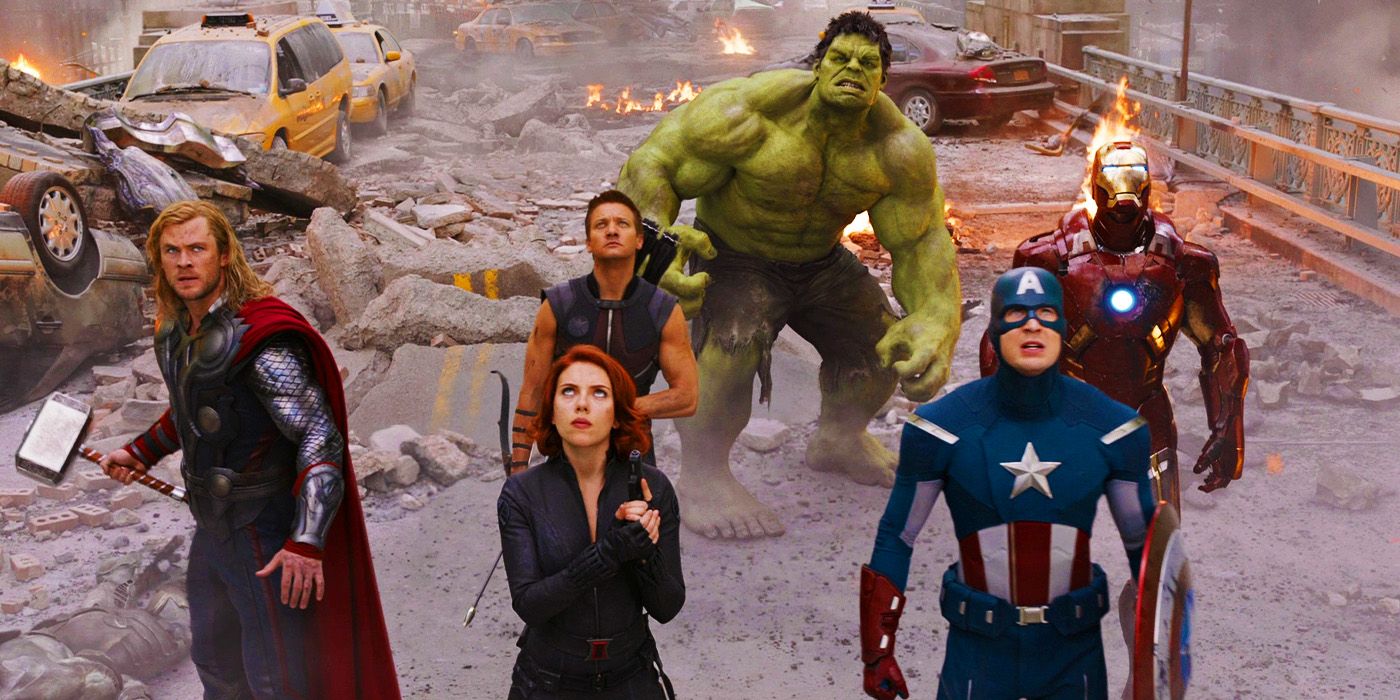
The Superhero Dilemma: A Filmmaker's Critique

A deep dive into the criticisms of superhero movies by accomplished filmmakers and directors like Alexander Payne and Martin Scorsese, and the impact of superhero movies on the film industry.
The Rise of Superhero Movies
Superhero movies have taken the film industry by storm, dominating box offices and captivating audiences worldwide. Over the last decade, franchises like the Marvel Cinematic Universe and the DC Universe have redefined the concept of blockbuster entertainment, with their larger-than-life characters and epic storylines. However, not everyone is enamored by the superhero genre's dominance, as acclaimed filmmaker Alexander Payne has recently voiced his concerns about the impact of superhero movies on the state of modern cinema.
The Avengers team during the Battle of New York
In a recent interview with The Guardian, following the release of his latest Christmas comedy-drama, 'The Holdovers,' Payne expressed his reservations about the current state of cinema. He criticized the trend of quick-paced, less intellectually stimulating films and highlighted the financial challenges faced by filmmakers who don't conform to the superhero movie formula. Payne's sentiments echo those of other accomplished directors who have also raised questions about the artistic merits and value of superhero movies.
The Filmmaker's Critique
The trend of established filmmakers criticizing superhero movies isn't a recent phenomenon. Renowned directors and filmmakers have been vocal about their reservations regarding the artistic depth and creative value of superhero movies for several years. Martin Scorsese, a legendary figure in cinema, made headlines with his bold declaration that Marvel movies are not true cinema and likened the experience of watching them to visiting a theme park. The lack of depth and formulaic nature of superhero movies has been a point of contention among filmmakers, with many expressing concerns about the direction of modern cinema.
Despite the criticisms, superhero movies continue to draw massive audiences and generate significant revenue for major studios. The spectacle and mass appeal of these movies make them lucrative investments, leading to a proliferation of similar ideas and narratives within the superhero genre. The dominance of franchises like the Marvel Cinematic Universe and the DC Universe reflects the studios' focus on producing films that cater to a broad audience, regardless of the creative and intellectual depth of the content.
The Future of Superhero Movies
While the criticisms of superhero movies by accomplished filmmakers raise valid points about the artistic and intellectual challenges within the film industry, the future of superhero movies remains unwavering. The influence and commercial success of superhero franchises have solidified their position as prominent fixtures in modern cinema. The major studios' commitment to producing blockbuster superhero films aligns with the demand for high-impact, visually stunning entertainment, despite the ongoing debate about the creative merits of such productions.
The enduring popularity of superhero movies mirrors past trends in the film industry, where mass-produced genres like westerns and rom-coms dominated the market. The shift to superhero-centric narratives reflects the evolving preferences of audiences and the studios' strategic focus on capturing the attention of global viewers. While the quality and depth of superhero movies continue to be subjects of discussion, the genre's influence and appeal indicate that it is poised to maintain its stronghold in the film industry.







